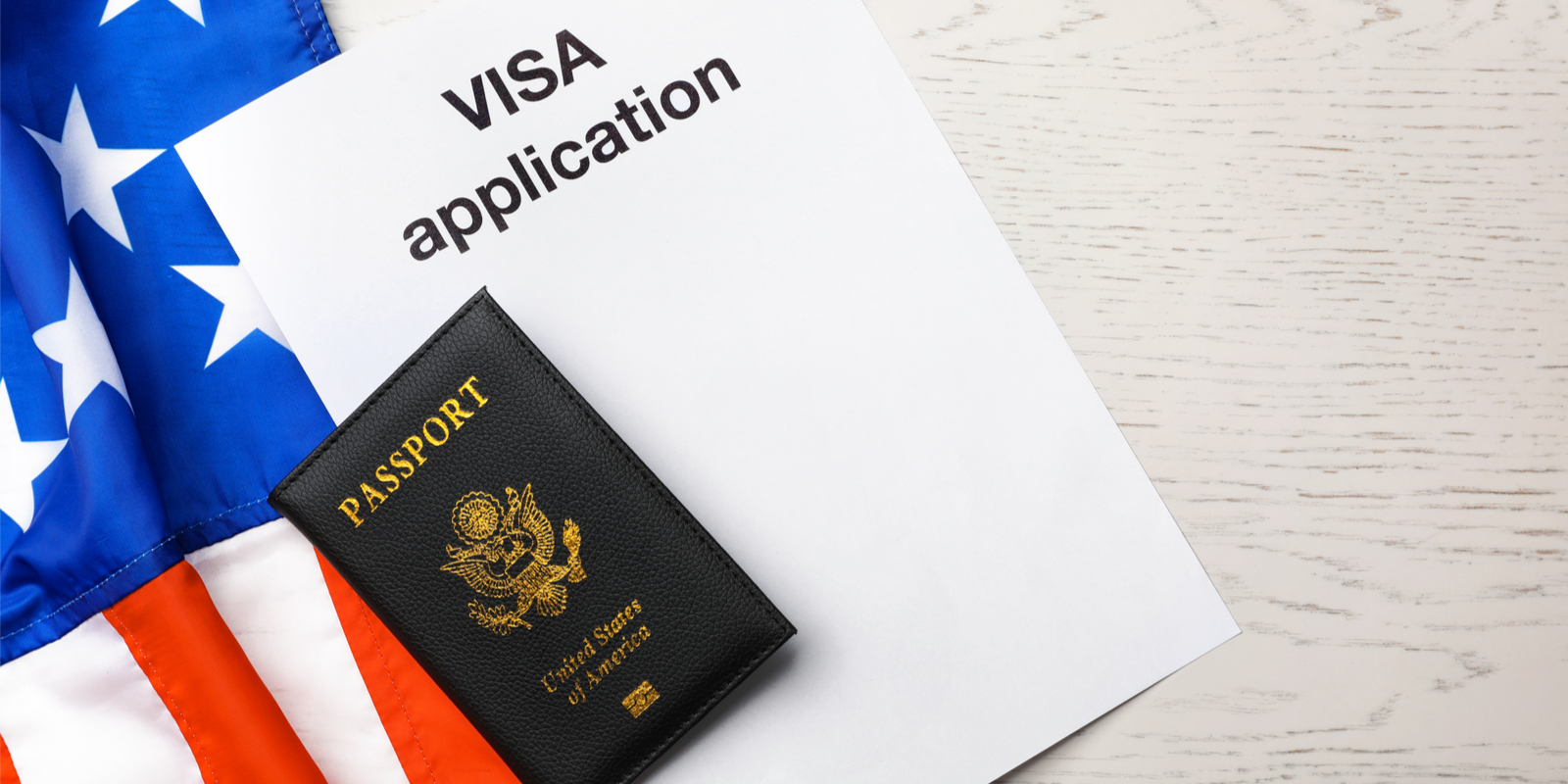Applying for a tourist visa? According to State Department guidelines, foreign citizens seeking to enter the United States must first obtain a visa. Non-immigrant visas are required for a temporary stay, while permanent stays require an immigrant visa. Visitor visas are a type of non-immigrant visa that allows you to enter the United States temporarily for business (B-1), tourism (B-2), or for a combination of both (B-1/B-2).
The B-2 Visitor Visa category includes tourists; those visiting relatives or friends; amateur artists, musicians, or athletes receiving no payment; those traveling for conferences; and conventions, fraternal services or social organizations.
How to Qualify for a B-2 Visa
To qualify for a B-2 visa, you should be able to show that:
- Your visit is for leisure and you are not working in the United States;
- You will be in the country for a specific amount of time, with a firm exit date; and
- You have no intention to abandon your foreign residence while visiting.
Aside from the requirements for a B-2 visa, you are more likely to be accepted if you can show that:
- You have sufficient finances to cover your stay and return;
- You have specific and realistic plans for the entirety of your stay; and
- You have binding ties (e.g., a job) and residence outside the United States that you will return to.
The Visitor Visa Application Process
The best place to apply for the visitor visa is your country’s U.S. Embassy or Consulate. Any U.S. consular office can issue a visitor visa, but it might be more difficult to obtain a visa outside your country of residence.
Documentation Needed to Apply
The visa application process generally includes an interview, although this does not typically apply to people younger than 13 or older than 80. To apply for a B-2 visa, you will need:
- Form DS-156, called a Nonimmigrant Visa Application, alongside a letter from a relative, sponsor or friend inviting the applicant to the United States;
- Form DS-157, a supplemental non-immigrant visa application form;
- A valid passport for travel to the United States and that has been valid for at least six months beyond the end of the intended visit;
- Two color ID photos taken against a light-colored background without any head accessories, unless a headdress is worn for religious purposes;
- Company literature, such as brochures and catalogs;
- A copy of your tour or stay schedule;
- Documentation supporting your ability and intention to pay for travel and other expenses incurred while in the United States.
B-2 Visa Classification
You will need to show that you are a visitor by:
- Showing evidence documenting the purpose of the trip, intent to leave the United States, and arrangements to cover costs (the exact form of these documents cannot be expressed by law and vary from situation to situation);
- Presenting evidence that someone in the United States will pay for any expenses you cannot pay for yourself (if necessary);
- Providing any supporting documentation that affirms the nature of your visit and any obligations you have to return to your country of origin.
Stay & Extensions
A tourist visa is normally given for six months, although it can be extended for another six months in some cases. If you do seek an extension, your spouse and children must independently qualify if they wish to extend their stays as well. If you have questions about application procedures or visa ineligibilities, contact the American consular office that is nearest you. If you have a question related to an in-progress case, then you should contact the Embassy or Consulate handling your case.
Being granted a visa does not guarantee you admission into the United States. You can be denied admission, or the period of time you are allowed in the United States could be altered. Immigration officials will verify your admission to the United States at the point of entry and will stamp Form I-94, the record of arrival/departure that specifies how long you are legally permitted to stay in the country. If you wish to extend your stay beyond the time on your I-94, you must contact U.S. Citizenship and Immigration Services to request an application (form I-539).
Reach Out to an Experienced Immigration Attorney
Pride Immigration is ready and able to assist any individual seeking a B-2 visitor visa. Our highly experienced immigration attorneys are capable of analyzing your current situation and managing your case to ensure the best results possible.
Our firm believes in educating our clients. Because of this, we offer consultations by phone or at our office location so that you can discuss your case and understand your options. To set up your consultation, call Pride Immigration or visit our website.
Beeraj Patel, Esq.
Latest posts by Beeraj Patel, Esq. (see all)
- Transitioning to Permanent Residency Through Adjustment of Status for Asylum Seekers - April 14, 2025
- What to Do If Your Employer Withdraws Support During the Green Card Process - March 31, 2025
- How a Green Card Attorney Can Help with Complex Immigration Cases Involving Family Separation - March 17, 2025
